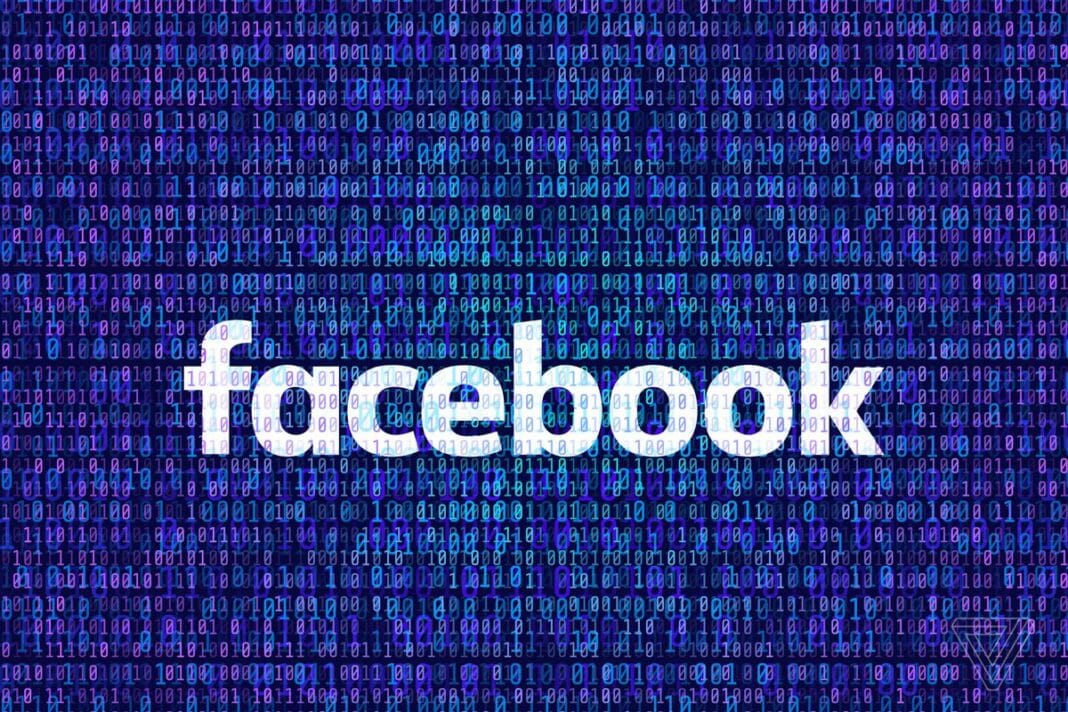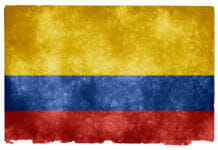Fake Social Media Accounts May Have Been Used by OneCoin to Improve Its Image
DFRLab found that 90% of the comments on OneCoin posted on TrustPilot were positive. The profiles on OneCoin on social networks show inauthentic behaviors.
A new DFRLab report indicates that the cryptocurrency project OneCoin, accused of being a Ponzi scheme, might have tried to improve its image and increase its fortune through “non-authentic” accounts, where favorable ratings are posted on both TrustPilot, a consumer review website, and the questions-and-answers social network Quora.
The Forensic Digital Research Laboratory (DFRLab), coordinated by experts from the Atlantic Council of the United States, reported on January 29th that OneCoin might have used a campaign of astroturfing. It is a digital marketing strategy in which public opinions are masked to look spontaneous and positive.
The campaign came to light almost at the same time that its founder, Ruja Ignatova, disappeared. It was followed by the filing of several legal cases against her and other project members in 2019.
Last March, the US Attorney’s Office in New York arrested the alleged main leader of OneCoin, claiming that the project robbed billions of investors through a pyramid scheme. At the same time, Konstantin Ignatov, the founder’s brother, was arrested for electronic fraud, securities fraud, and money laundering.
In November, the lawyer behind the scheme, Mark Scott, was also found guilty of laundering USD 400 million for OneCoin. In parallel, some nations announced that they were taking measures to protect investors against the project, which employed tactics of a pyramid sales scheme.
Positive Ratings amid Scandal
DFRLab researchers found that, while all this was happening last October, OneCoin received a series of five-star ratings on the user rating website TrustPilot. The experts note that, of the 579 comments about OneCoin posted on the site, 90% were positive.
About 400 of the five-star ratings were posted in a period of a single month, according to the report. In that sense, they highlight that a certain number of one-star ratings were “buried” by a flood of positive ratings.
Although the DFRLab team was unable to determine whether the ratings came from automated or “non-authentic” accounts due to the TrustPilot user interface limits, the steep peak in five-star ratings indicated an abnormal flow of positive ratings right after the legal problems of OneCoin came to light.
On the other hand, the analysis of the ratings on the questions-and-answers website Quora also found profiles posting positive comments about OneCoin showing signs of inauthentic behavior. The signs include the absence of profile photos and biographies, erratic posting times and exclusive interest in discussions related to OneCoin.
According to the report, a large number of profiles pretended to be cryptocurrency experts but limited their answers to the viability or value of OneCoin. DFRLab said that it was not able to confirm the individuals’ identities since searches on social networks did not show similar or matching results.
Despite the lack of direct evidence linking the ratings and non-authentic profiles with OneCoin employees or evidencing automated activities on its platform, the profiles and ratings served to increase confidence in the OneCoin brand, at the same time that it faced a multimillion-dollar scandal.
By Willmen Blanco











